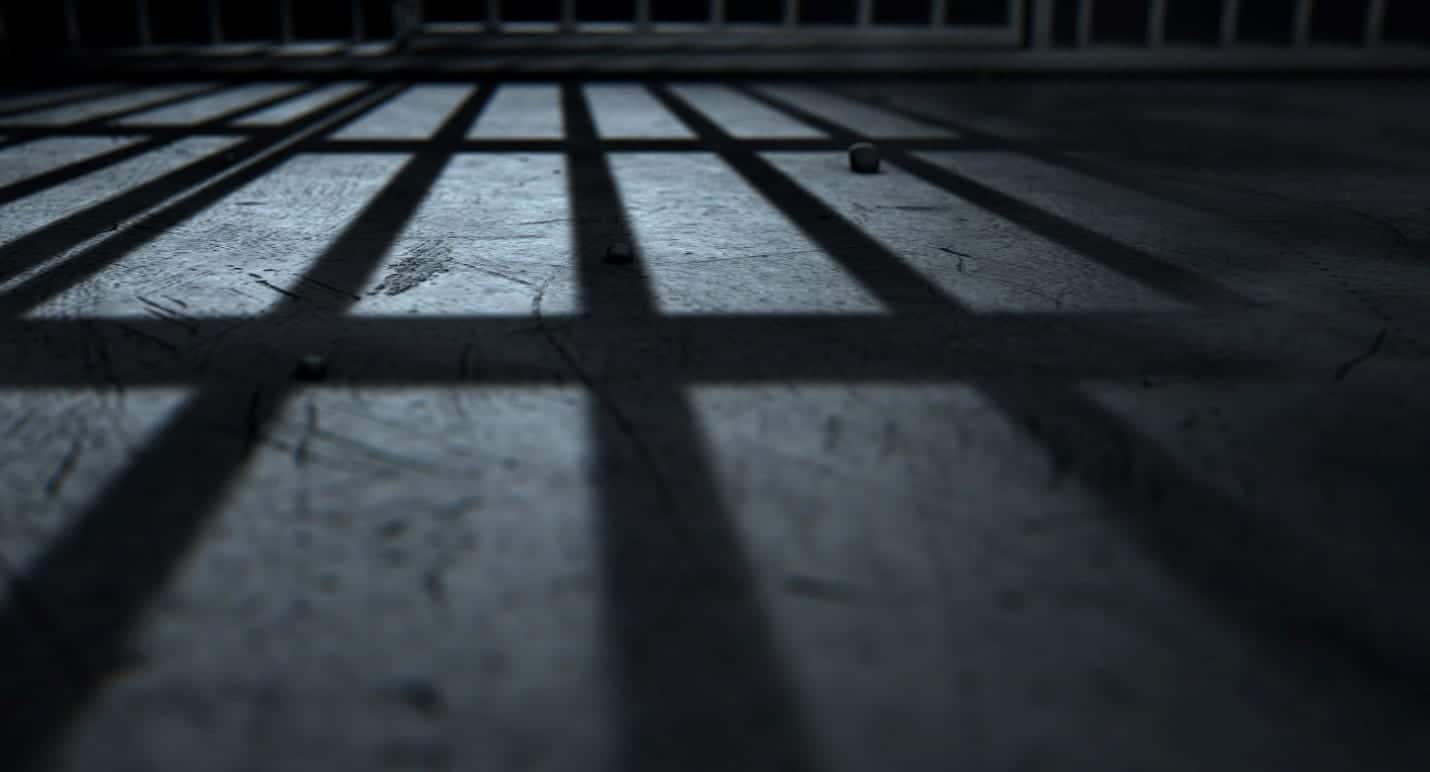Arson is one of the most dangerous and high-profile crimes a person can commit. It is classified as a property crime, but is treated much more seriously than other property crimes due to its potential to cause bodily harm or death. The dangerous nature of the crime generally means that arson is charged as a felony-level offense and severely sentenced.
On top of all this, arson charges can be quite difficult to fight, and typically require both a skilled attorney and an experienced independent fire investigator.
Let’s take a look at North Carolina’s Arson laws – and what you can do to fight back if you are facing arson charges.
North Carolina Arson Laws
Arson is the act of purposefully burning or setting fire to a building or structure. It may include acts such as setting fire to property maliciously or setting fire with the intent to collect property insurance money.
North Carolina arson laws are based on whether the building or structure was occupied at the time of the alleged offense. They also make distinctions for certain types of buildings and structures, such as government buildings, schools, and churches.
Degrees of Arson
North Carolina recognizes first and second-degree arson. First-degree arson occurs when the defendant intentionally burns a building or structure that is occupied at the time of the burning. Second-degree arson occurs when the building or structure is unoccupied at the time of the burning.
Types of Buildings and Structures
North Carolina arson law also makes distinctions for certain types of buildings and structures. Burning of certain types of government buildings, such as the State Capitol, Legislative Building, and schools, churches, and other religious buildings is a separate offense, which is charged in addition to first- or second-degree arson.
Penalties and Sentencing
Sentencing for arson in North Carolina uses a complex formula that depends on individualized factors such as the defendant’s prior criminal history. However, the following are general sentencing guidelines for arson.
First Degree Arson
First-degree arson is a Class D felony, which is punishable by 38-160 months of incarceration.
Second Degree Arson
Second-degree arson is a Class G felony, which is punishable by 8-31 months of incarceration.
Class H Felony Arson
Class H felony arson, which is an additional charge for setting fire to certain types of buildings or structures as outlined above, is punishable by 4-25 months of incarceration.
Arson Defenses in North Carolina
Defending against arson is difficult, and requires a substantial amount of expertise. Generally, you will need both an excellent criminal defense attorney and an experienced independent fire investigator.
The fire investigator will conduct an independent investigation of the crime scene. He or she may find evidence that suggests the fire was started accidentally, or that suggests the fire was set by a professional with resources and expertise that the defendant would be unlikely to have.
Let’s take a look at the various potential defense strategies individually.
Mistaken Identity
Arson cases are often highly publicized, putting a substantial amount of pressure on law enforcement to identify a suspect. This is often difficult to do, as there are very rarely witnesses, and evidence such as video surveillance footage may be destroyed in the fire.
If the prosecution does not have direct evidence linking you to the scene of the alleged crime, a mistaken identity defense may be appropriate. This can also be helped by a solid alibi establishing that you were elsewhere during the fire.
However, if the prosecution has evidence of a motive, for example that you would receive insurance payouts for the damage, this defense becomes more difficult. Evidence of your presence at the crime scene prior to or during the fire can make a mistaken identity defense hard to use.
Cause was Accidental
State arson investigators are sometimes too hasty to label a fire as arson. If your independent fire investigator is able to find evidence that brings the conclusion of arson under question, your attorney may be able to argue that the cause of the fire was accidental.
Incident was Accidental
To successfully convict you of arson, the prosecution must be able to prove beyond a reasonable doubt that you intentionally set fire to the building or structure. If you caused the fire, but started it by accident, this is not arson. A fire investigator may be able to find evidence supporting that the fire was accidental.
If You are Facing North Carolina Arson Charges
Arson is a serious offense, and therefore requires skilled legal representation. If you or a loved one are facing arson charges, you must be proactive by retaining a knowledgeable and experienced North Carolina criminal defense attorney and hiring a fire investigator as early in the process as possible.
A good criminal lawyer will fight tirelessly to protect your rights and future, ensuring the best possible outcome for your case. Start battling your charges today by getting in touch now.










